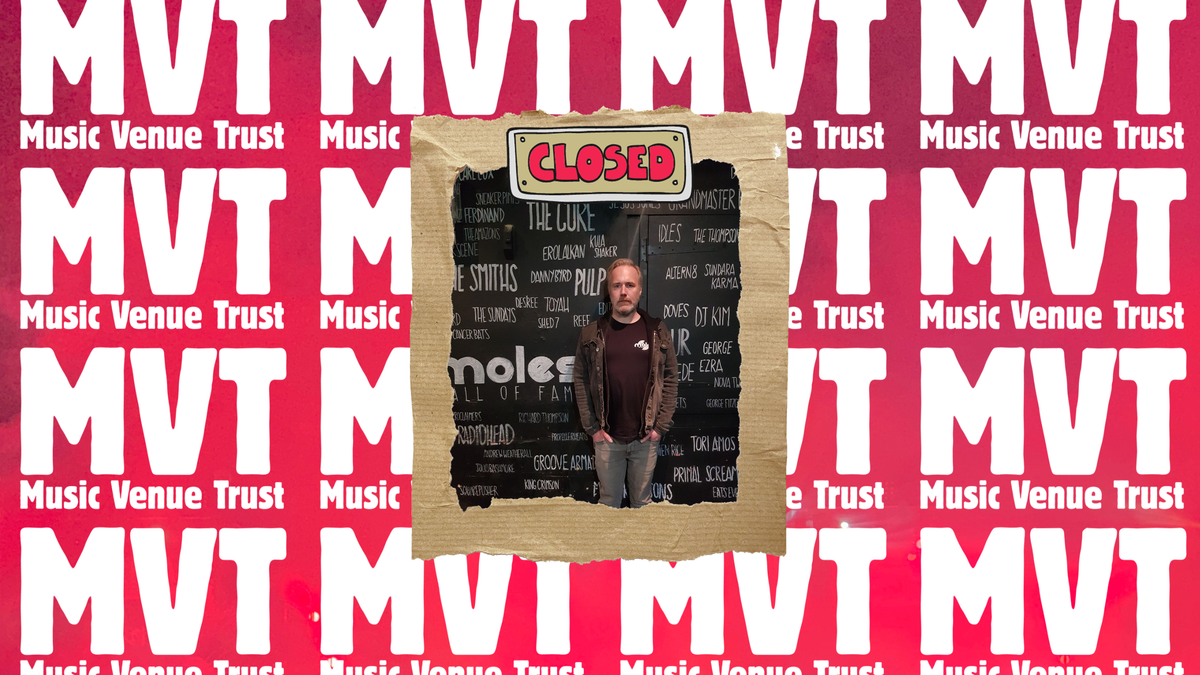Spotify announced job cuts that will impact on 17% of its global workforce - about 1500 people. It's the third round of downsizing at the streaming company this year and by far the most dramatic. CEO Daniel Ek said that the cutbacks were necessary because "economic growth has slowed dramatically and capital has become more expensive". Certainly investors have been putting pressure on Spotify to demonstrate that it has a solid strategy for becoming a profitable business. The company's share price increased following the announcement, although is still a long way off its 2021 peak. An update to investors also revealed that the cutbacks will cost the company up to €145 million but, it said, they will then "generate meaningful operating efficiencies going forward".


The Music Venue Trust called on UK lawmakers to consider a compulsory ticket levy on large-scale shows in order to support grassroots venues. The call came as another venue announced its closure, this time Moles in Bath, which had been in operation for 45 years. The venue's management said that the current cost of living crisis had "crippled the grassroots music sector”. MVT has been trying to persuade the music industry to sign up to a voluntary scheme where a levy on tickets for big shows could support grassroots venues, which play an important role in the talent pipeline. Although some artists, venues, promoters and ticketing firms have embraced that proposal, many have not. Which is why the trade group is now proposing that the UK should follow France's lead and introduce a compulsory levy.

The Norwegian Supreme Court was criticised over a big copyright ruling. It relates to a dispute over three tracks created by collaborators Noam Ofir and Fredrik Øverlie, which were released by the latter's label Mutual Intentions. After communications through social media, Ofir provided recordings that were integrated into three tracks released by Øverlie and his label. There was subsequently a dispute over rights and royalties, including whether Ofir or Mutual Intentions owned the copyright in the recordings he had created. The Supreme Court said that whoever organised the recordings owned the rights and concluded that that was Mutual Intentions. But Ofir argued that he created the recordings at his own risk, without contractual obligations to the label, meaning he did the organising. Ofir criticised the ruling which, he said, "should worry any artist that is working with Norwegian labels and musicians".

IMPALA asked Spotify if it could delay planned changes to its business model to allow more debate. The pan-European indie label trade group was responding to Spotify's plans to make changes to the way it allocates its revenues to individual tracks each month, including the introduction of a 1000 play threshold that must be met for a track to get any allocation at all. There has been much criticism within the indie and music-maker communities about the lack of consultation regarding Spotify’s plan. IMPALA published a list of questions about the changes, and especially the threshold, seeking clarity on how that will work and data about the potential impact. It also proposed a number of refinements to the threshold and asked Spotify to respond to the business model changes IMPALA has proposed in recent years.

The US record industry said that the training of an AI model with existing music is "rarely, if ever, fair use". Three trade groups – the Recording Industry Association Of America, the American Association Of Independent Music and the Recording Academy - submitted a 'reply comment' as part of the ongoing inquiry into the impact of AI by the US Copyright Office. They hit back at suggestions by tech companies in earlier submissions to the inquiry that using music to train an AI model constitutes fair use under American law, which would mean AI firms do not need to get permission from or negotiate licensing deals with the music industry. The trade groups also disputed the suggestion that tech companies having to navigate copyright and secure licences to make use of existing content will stop the potential of AI from being realised.



